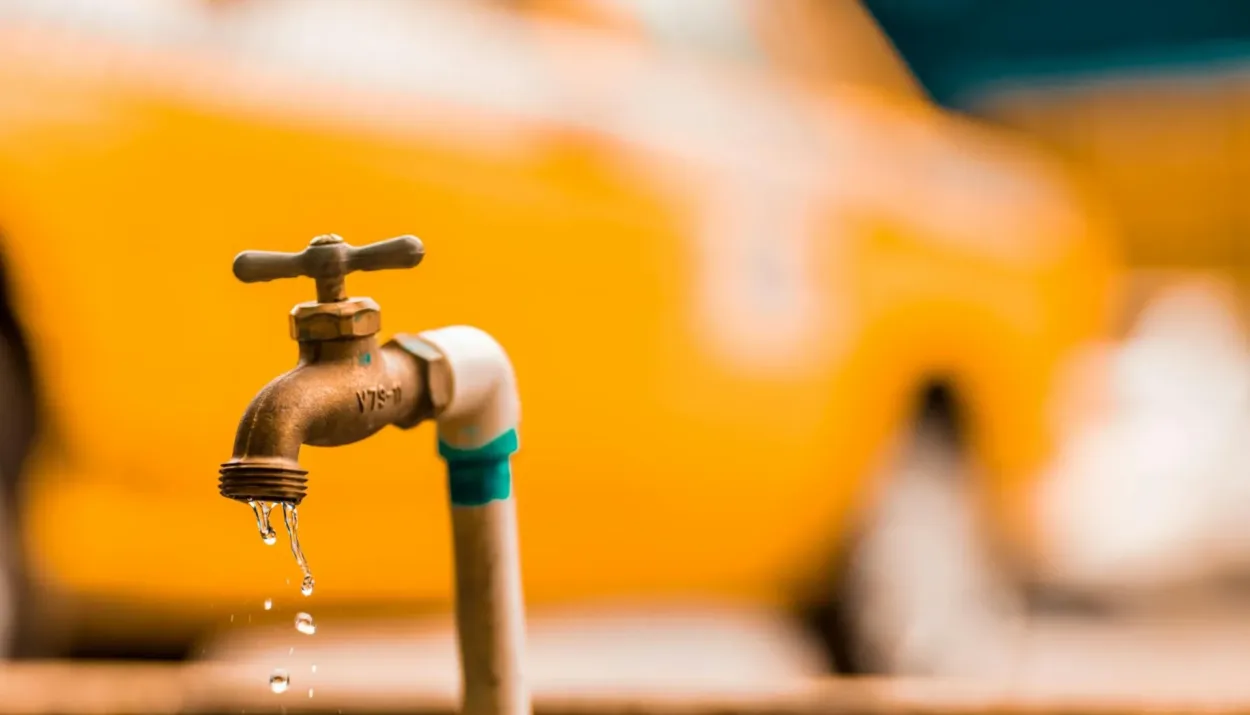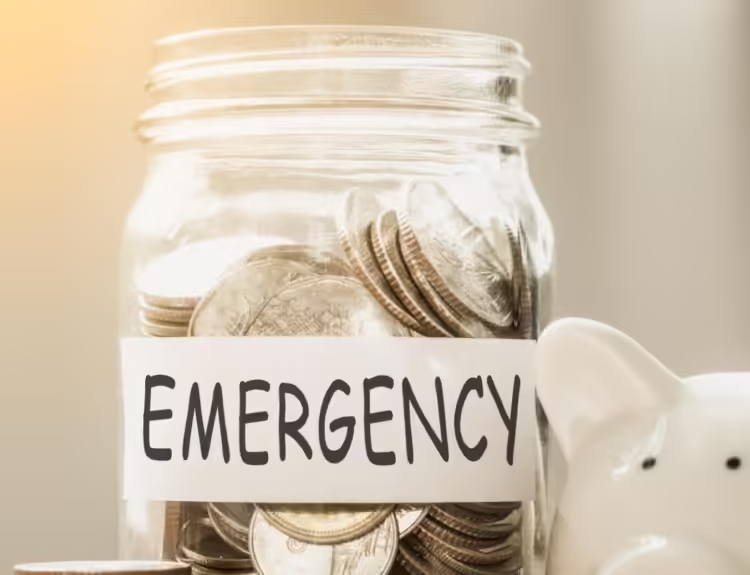Let’s have a heart-to-heart about something that affects all of us—water. 🌍💧 We all know how important water is in our daily lives. Whether it’s for drinking, cooking, farming, or even keeping clean, water is life! But here’s the problem: Kenya, with its breathtaking landscapes endowed with natural resources, is grappling with a serious water crisis.
Many parts of the country don’t have regular access to clean water, and this is affecting our health, economy, and future. So, what’s the deal? Why is water such a big issue in Kenya?
Why is Kenya facing water scarcity?
There are several reasons why Kenya is struggling with water shortages. Here are a few major ones:
1. Climate change
Kenya is feeling the heat from climate change. Rain patterns have become unpredictable, and droughts are becoming more frequent. We’ve all witnessed it—long dry spells followed by sudden heavy rains. This inconsistency makes it hard to rely on natural water sources like rivers and lakes. When rains fail, water levels drop, leaving many regions dry and without sufficient water for daily use or farming.
2. Population explosion
Kenya’s population has been growing rapidly over the years. While this is a sign of a vibrant and youthful nation, it also puts a strain on our natural resources. More people means more demand for water. Unfortunately, the infrastructure to provide clean water hasn’t grown at the same pace, leading to shortages, especially in urban areas and informal settlements.
3. Poor water management
Let’s be real—poor management of water resources is a huge issue. Whether it’s the mismanagement of rivers, dams, or boreholes, we haven’t done the best job of keeping our water sources in good shape. Illegal logging, pollution, and unregulated water extraction have only made things worse. We’re depleting our water sources faster than they can replenish.
4. Inadequate infrastructure
While cities like Nairobi may have piped water, many rural areas and informal settlements don’t have reliable water infrastructure. A lot of people still rely on rivers, wells, or even buying water from vendors. Without proper infrastructure, it’s hard to ensure everyone has access to safe, clean water.
5. Pollution and contamination
Water pollution is a growing problem. Rivers and lakes are being polluted by industrial waste, agricultural chemicals, and human waste. When these water sources get contaminated, they become unsafe for drinking and can lead to serious health problems like cholera and typhoid. If we don’t clean up our water, even the little that’s available won’t be safe to use.
The impact of the crisis
The lack of clean water affects all aspects of life. Here are some ways water scarcity is hitting us hard:
1. Health issues: Without clean water, people are more likely to suffer from waterborne diseases. In many rural areas, children walk long distances to fetch water, and often, that water is contaminated. This leads to diseases like diarrhea, cholera, and dysentery, which can be deadly.
2. Economic loss: Agriculture is the backbone of Kenya’s economy, and it relies heavily on water. When there’s no water for irrigation, crops fail, leading to food shortages and loss of income for farmers. Livestock also suffers, and we all know how important livestock is to our pastoralist communities.
3. Gender inequality: In many parts of Kenya, women and girls are the ones who fetch water for their families. When water is scarce, they have to walk even longer distances, which means less time for education or work. This puts them at a disadvantage and perpetuates the cycle of poverty.
4. Conflict over water: Water scarcity can lead to tension and even conflict, especially in regions where communities depend on the same water sources for farming and livestock. We’ve seen this in parts of Northern Kenya, where pastoralist communities sometimes clash over limited water resources.
What’s the solution?
The good news is that there are ways we can tackle this crisis. It’s not going to be easy, but with the right strategies and commitment from everyone—government, communities, and individuals—we can ensure sustainable access to clean water. Here’s how:
1. Water conservation
We need to start using water more wisely. Water conservation should be a priority for everyone, from big cities to small villages. Simple things like fixing leaking taps, using water-efficient technologies, and reducing wastage can make a big difference. We can also adopt rainwater harvesting systems to collect and store water during the rainy season for use during the dry months.
2. Invest in water infrastructure
The government needs to invest more in water infrastructure, especially in rural areas and informal settlements. This means building more dams, boreholes, and water treatment plants. But it’s not just about building new infrastructure—it’s also about maintaining what we already have. Regular maintenance and upgrades are necessary to ensure that water systems are efficient and don’t break down.
3. Protect and restore natural water sources
Our rivers, lakes, and wetlands are under threat, and we need to take action to protect them. This means putting a stop to activities that harm these ecosystems, like illegal logging, sand harvesting, and pollution. Reforestation and conservation efforts can help restore watersheds and ensure that our water sources remain healthy and sustainable.
4. Embrace technology
Technology can play a huge role in addressing water scarcity. Innovations like drip irrigation, which uses water more efficiently for agriculture, can help farmers grow crops even with limited water. We can also use data and satellite technology to monitor water levels and predict droughts, so we can prepare in advance. Smart water management systems that detect leaks and monitor water usage can also help reduce wastage in cities.
5. Desalination and recycling
Desalination is the process of turning seawater into freshwater. With Kenya’s long coastline, desalination could be a game-changer for coastal cities like Mombasa. While it’s still expensive, advancements in technology are making it more affordable. Additionally, recycling wastewater for non-drinking purposes (like agriculture or industrial use) can help reduce the demand for freshwater.
6. Education and awareness
Creating awareness about the importance of water conservation and hygiene is key. Schools, communities, and even the media have a role to play in educating people about how to use water wisely and keep our water sources clean. When people understand the value of water, they’re more likely to take action to conserve it.
7. Strengthen policies and regulations
Kenya already has some policies in place to manage water resources, but enforcement has been weak. We need stronger regulations to protect our water sources from pollution and over-extraction. The government must crack down on industries that pollute rivers and ensure that water resources are managed sustainably. It’s also important to involve communities in decision-making processes so that local knowledge and needs are considered.
8. Promote public-private partnerships
The private sector can play a key role in solving Kenya’s water crisis. By partnering with the government, businesses can invest in water infrastructure, technology, and innovation. For example, private companies can help finance desalination plants or introduce water-efficient products and technologies to the market.
What can YOU do?
As individuals, we all have a role to play in ensuring sustainable access to clean water. Here are a few things you can do:
💧 Conserve water: Be mindful of how you use water. Fix leaks, turn off taps when not in use, and avoid wasting water unnecessarily.
💧 Educate others: Spread the word about the importance of water conservation and clean water access. Encourage your friends, family, and community to adopt water-saving habits.
💧 Get involved: Join or support local initiatives aimed at protecting water sources or cleaning up polluted rivers and lakes. Every little bit helps!
💧 Support policies: Advocate for stronger water management policies and hold leaders accountable for protecting our water resources.






